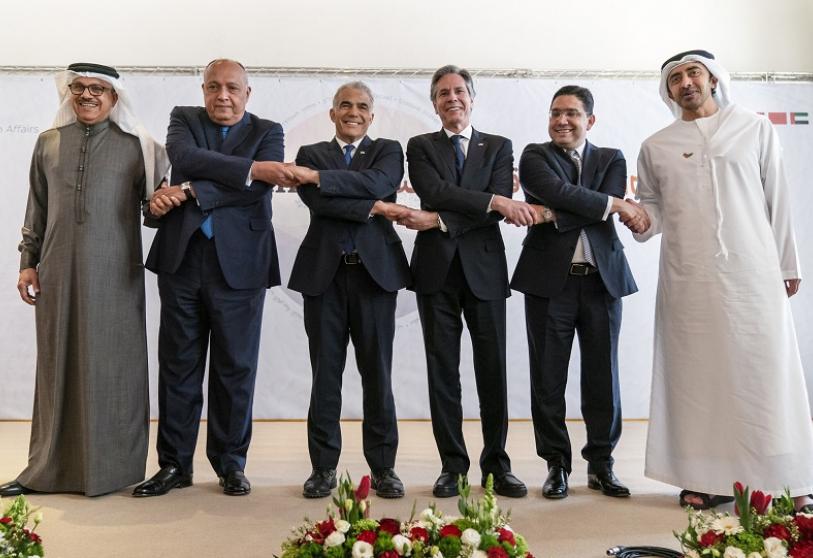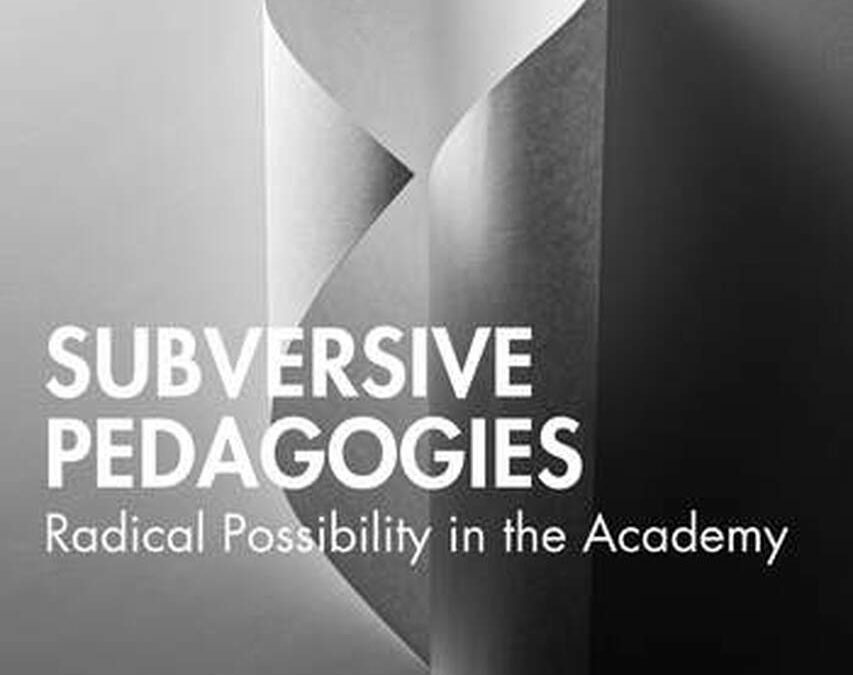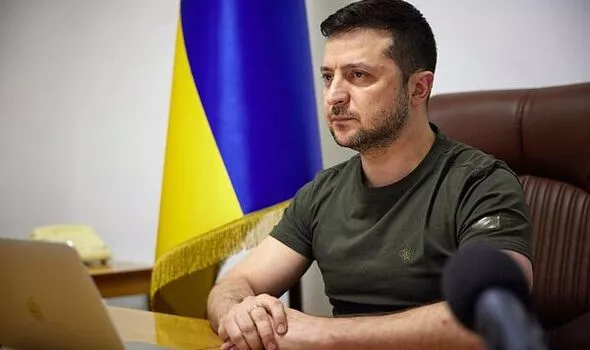The ISA statement lacks not only comparative history but also local historical depth. It also distorts moral responsibility.


by Stuart J. Kaufman | 9 Apr 2022 | Academia, Race
The ISA statement lacks not only comparative history but also local historical depth. It also distorts moral responsibility.

by Dan Nexon | 8 Apr 2022 |
Stuart J. Kaufman is Professor of Political Science and International Relations at the University of Delaware. Dr. Kaufman taught at the University of Kentucky from 1990 to 2004. He spent 1999 working as Director for Russian, Ukrainian and Eurasian Affairs on the U.S. National Security Council staff. Dr. Kaufman specializes in ethnic conflict, international security affairs and international relations history, and he is the author of two...

by Lauren Haumesser | 8 Apr 2022 | Academia, Bridging the Gap
I hold a PhD in history from the University of Virginia. Like many graduate students, I began my doctoral program hoping to become a professor. When I decided to pursue a different career, my university didn’t know how to advise me. Here’s what I learned about finding a non-academic job.

by Dan Nexon | 8 Apr 2022 |
Lauren Haumesser earned her PhD in history from the University of Virginia and is the author of The Democratic Collapse: How Gender Politics Broke a Party and a Nation, 1856-1861, due out this fall with the University of North Carolina Press. She works as a researcher at the American Association of University Women.

by Dan Nexon | 2 Apr 2022 |
Eteri (Etuna) Tsintsadze-Maass is Assistant Director of the Graduate Program in International Studies (GPIS) at Old Dominion University, where she also teaches in the Department of Political Science and Geography. She earned her PhD from the University of Kentucky (2020). Dr. Tsintsadze-Maass’ primary research focuses on the effects of national narratives and mobilization on states’ foreign policy and security choices, and the politics of the...

by Van Jackson | 30 Mar 2022 | Theory & Methods, US Foreign Policy
Most versions of the left gain little and sacrifice much in accepting a realist epistemology. Theories of international relations are just tools for making sense of patterns and puzzles in the world; they don’t need groupies.

by Peter Henne | 28 Mar 2022 | Academia
This has been either a bad week for Israel, or a great week for Israel, depending on whom you ask or what your Twitter feed looks like. In the end, this may matter more for the relevance and impact of Middle East studies than anything else.

by Kate Schick & Claire Timperley | 27 Mar 2022 | 6+1 Questions, Academia
The volume calls on international-relations instructors to make use of “subversive pedagogies” — ones that embrace a more holistic understanding of teaching. It invites academics to interrogate what we teach, how we teach, where we teach, and whom we teach.

by Dan Nexon | 26 Mar 2022 |
Claire Timperley is Lecturer in Political Science at Te Herenga Waka—Victoria University of Wellington, New Zealand. Her teaching and research interests include feminist political theory, gender politics, critical pedagogy, and the politics of Aotearoa New Zealand. Her articles have appeared in Politics, Groups and Identities, Contemporary Political Theory, International Studies Perspectives, and PS: Political Science and Politics. She is...

by Dan Nexon | 26 Mar 2022 |
Kate Schick is Senior Lecturer in International Relations at Te Herenga Waka—Victoria University of Wellington, New Zealand. Her teaching and research interests lie at the intersection of critical theory and international ethics. She is author of Gillian Rose: A Good Enough Justice (2012) and co-editor of The Vulnerable Subject: Beyond Rationalism in International Relations (with Amanda Russell Beattie, 2013), Recognition in Global Politics:...

by Jarrod Hayes & Adam B. Lerner | 22 Mar 2022 | Academia, Security, Theory & Methods
Two recent interviews in the New Yorker have received substantial attention in recent weeks. Unfortunately, taken together, they make the IR discipline look terrible. How can IR theorists demonstrate their discipline’s relevance in the face of rapidly changing historical events?

by Chandler A. Myers | 21 Mar 2022 | Academia, Security
In December of 2020, the U.S. government announced that hackers – most likely from Russia’s military intelligence agency, the GRU – had compromised over two hundred companies and federal agencies. What sets the SolarWinds attack apart from previous incidents is its sheer scale. The company has over 300,000 customers worldwide, according to filings made to the U.S. Securities and Exchange Commission… Targeted institutions include the U.S....